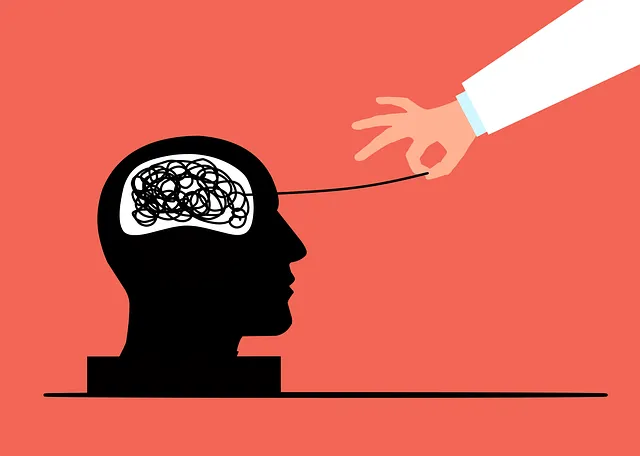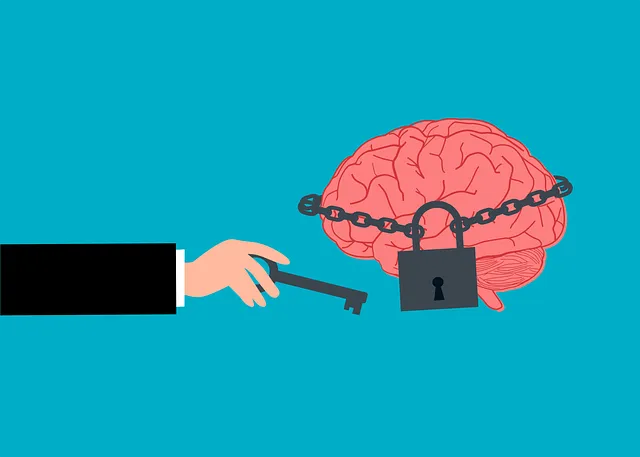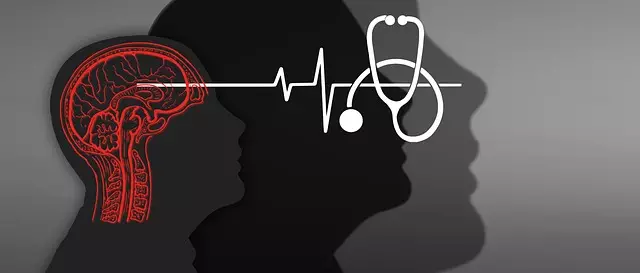Kaiser Permanente mental health centers in Aurora enhance patient care through cultural competency training. Staff learn to recognize unconscious biases and systemic barriers, tailoring stress reduction methods to diverse backgrounds. This approach, as reflected in positive Kaiser Permanente mental health center reviews Aurora, improves clinical outcomes, strengthens patient-provider relationships, and fosters an inclusive environment that addresses mental health disparities within the community.
Healthcare provider cultural competency training is essential for delivering quality care in a diverse society. This article explores the impact of cultural sensitivity in mental health centers, using the Kaiser Permanente model as a benchmark. We delve into case studies, such as the Kaiser Permanente mental health center reviews in Aurora, to understand the tangible benefits of effective training. Additionally, we provide strategies for enhancing patient care and outcomes through comprehensive cultural competency programs.
- Understanding Cultural Competency in Healthcare: The Kaiser Permanente Model
- Mental Health Center Reviews: Uncovering the Impact of Cultural Sensitivity in Aurora
- Strategies for Effective Training: Enhancing Patient Care and Outcomes
Understanding Cultural Competency in Healthcare: The Kaiser Permanente Model

Cultural competency in healthcare refers to the ability of organizations and providers to understand, appreciate, and effectively respond to the cultural differences of their patients. This includes recognizing and respecting diverse beliefs, values, and practices that shape individual health experiences. At Kaiser Permanente mental health centers, like those in Aurora, this concept is deeply embedded in their model of care, ensuring a holistic approach to patient well-being.
The Kaiser Permanente approach emphasizes the importance of cultural sensitivity in mental healthcare practice. Through comprehensive training programs, they cultivate compassion cultivation practices among their staff, encouraging them to consider the impact of systemic barriers and unconscious biases on patient outcomes. Additionally, by incorporating stress reduction methods tailored to different cultural backgrounds, these mental health centers aim to create a safe and supportive environment for all individuals seeking treatment. This model not only enhances clinical outcomes but also fosters stronger patient-provider relationships, as it recognizes and values the unique cultural contexts that shape people’s lives.
Mental Health Center Reviews: Uncovering the Impact of Cultural Sensitivity in Aurora

In Aurora, mental health centers like those affiliated with Kaiser Permanente have been increasingly recognized for their commitment to cultural competency training. These reviews highlight the significant impact of sensitive and tailored healthcare services on diverse patient populations. By focusing on cultural sensitivity, centers are not only improving patient outcomes but also fostering a more inclusive environment that addresses specific needs, such as stress management workshops, social skills training, and burnout prevention.
The Kaiser Permanente mental health center reviews in Aurora paint a compelling picture of how cultural competency can revolutionize healthcare delivery. Through these reviews, it’s evident that centers that prioritize understanding and respecting diverse cultural backgrounds, beliefs, and practices significantly enhance patient satisfaction and treatment effectiveness. This approach not only benefits individual patients but also contributes to the broader goal of reducing disparities in mental health care.
Strategies for Effective Training: Enhancing Patient Care and Outcomes

Effective cultural competency training for healthcare providers involves a multi-faceted approach that goes beyond mere knowledge retention. At Kaiser Permanente mental health centers like those in Aurora, strategies focus on enhancing self-awareness exercises and developing coping skills among staff. This holistic training method not only fosters empathy building strategies but also improves patient interactions.
By integrating these techniques, healthcare professionals can better navigate the complex cultural landscapes of diverse patient populations. The result is improved patient care, as providers become more adept at understanding and addressing unique needs and preferences. Positive outcomes are further supported by enhanced communication and a deeper sense of connection between patients and their caregivers, as evidenced by many favorable Kaiser Permanente mental health center reviews in Aurora.
Cultural competency training, as demonstrated by the Kaiser Permanente model and highlighted in the Aurora mental health center reviews, plays a pivotal role in enhancing patient care. By fostering cultural sensitivity, healthcare providers can create more inclusive environments that improve patient outcomes. Implementing effective training strategies not only benefits individual patients but also contributes to the overall success of healthcare organizations, such as Kaiser Permanente, in serving diverse communities. The lessons from Aurora serve as a testament to the positive impact that cultural competency can have on mental health care and beyond.






